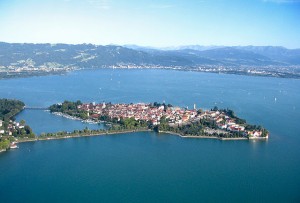
“Lindau Insel Luftbild3” by Edda Praefcke – Photograph by Edda Praefcke.. Licensed under CC BY 2.5 via Wikimedia Commons – http://commons.wikimedia.org/wiki/File:Lindau_Insel_Luftbild3.jpg#/media/File:Lindau_Insel_Luftbild3.jpg
The island of Lindau – Romantic Road Germany
Back on the romantic road in Germany, the tour continued on to Lake Constance located between Germany, Switzerland and Austria. On the northern shore of Lake Constance is the picturesque Bavarian town of Lindau. The historic town of Lindau is an 0.68 km. island connected to the mainland by a road traffic bridge and railway dam leading to Lindau railway station. The dam was built in 1853 to connect the railway from Munich to the island. Arriving in Lindau the tour group enjoyed a couple of hours walking around the picturesque island town. Spring has arrived, flowers bursting into full bloom in vibrant colors at roundabout’s, garden beds and planter boxes.
Ancient buildings – Neo-Gothic Old Town Hall or Altes Rathaus, now the town library, welcoming with all the warmth of brightly colored frescoes and gilded clock face. The front and back of the building both richly decorated with vibrant frescoes. Paintings in the oriel represent the 10 commandments. Frescoes on outside walls depict scenes of historical significance to Lindau.
The Alte Rathaus dates from 1422, the stepped gable typical of the period. The front facade combines many later styles of architecture. Frescoes show scenes from the Imperial Parliament from the year 1496. Adjacent to the Alte Rathaus, a quaint building with curved stepped gables and a carillon of 24 bells in a 4th floor window.
Thieves’ Tower – old Town
Further on the Diebsturm (Thieves’ Tower). A round watch tower built between 1370-1380 at the most westerly point of the old town wall. In the middle ages as the names suggests it served as a prison. The tower is old but the eye-catching colored roof tiles fairly new, the original roof tiles replaced in the last century.
The main street in the center of the island town has interesting clothing and souvenir shops, nice friendly people, good coffee and apple strudel. The local florist spills out on the main street providing a green and colorful oasis against the grey cobblestones. Leading away from the main street very long narrow cobblestone streets with walls painted in vibrant colors to brighten the way.
The island of Lindau has ancient history with evidence of an early Roman settlement in the Aescharch district, dating back to the 1st century. The name Lindau first documented in 882 by a monk from St Gallen in Switzerland, about the founding of a nunnery on the island of Lindau. An Irish monk Gallus (c550-640) is believed to have built a hermitage by the river Steinachin in 612AD and founded St. Gallen in Switzerland.
A stroll along the lakeside promenade of the old, sorry, new harbor reveals the Mangturm or old lighthouse which still stands as a reminder of the heavy fortifications that once surrounded the island town. A grey day with the promenade lit up by brightly colored flower boxes.
The entrance to the new harbour, built in 1856, marked by a distinctive 33 meter New Lighthouse and statue of the Bavarian Lion, representing the Wittelsbach dynasty. The New Lighthouse is open to the public. Panoramic views of snow-capped Alps and Lake Constance from the waterfront and New Lighthouse. Pretty views of the island shoreline from the promenade.
The island Tourist Information Centre is just outside the Lindau train station. The center offers a free map and a list of the main points of interest and sights to see in the town.
Leaving the island of Lindau behind, the bus traveled through very scenic countryside, past a traditional German Inn, flowering apple orchards, wineries and grape vines, before reaching the red tower gate leading into the old medieval city of Meersburg. At Meersburg we board the car ferry for Constance.
Approaching Meersburg to catch the ferry across Lake Constance to Konstanz, our guide pointed out the old castle of Meersburg as we drove past. It sits on top of a rocky outcrop and is considered the oldest inhabited fortress in Germany. It has a distinctive Crow-stepped gable (similar to the stepped gable on the Alte Rathause in Lindau),and is known as Dagobert’s tower after the Merovingian King Dagobert Ist. Today, the castle functions as a private residence, with certain areas open to visitors on self-guided tours – castle kitchen, armory and banqueting hall.
Related Posts:
- sightseeing-new-town-hall-1867 Munich romantic-road-germany
- sightseeing Munich Bavarian capital romantic road germany
- Romantic Road – Nymphenburg Palace – Munich
- Ettal Abbey and Pilgrimage Church
- Garmisch-partenkirchen ski resort – Oberammergau village
- Extravaganza – Schloss Linderhof | King Ludwig
- Hohenschwangau Neuschwanstein Schwangau
- Beautiful Schloss Neuschwanstein
- Abbey of St Mang’s Fussen Bavarian Alps
- Beautiful rococo Wieskirche beautiful Bavarian alps
- Augsburg Fuggerei village settlement
- Dinkelsbuhl medieval fortifications-medieval city wall
- Rothenburg – a beautiful medieval town
- Romantic Road attractions Germany
- Romantic Road Frankfurt Germany
- Bavaria Germany Wurzburg – along the Romantic Road
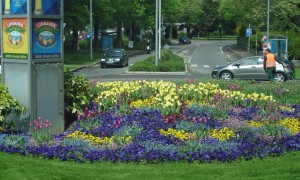
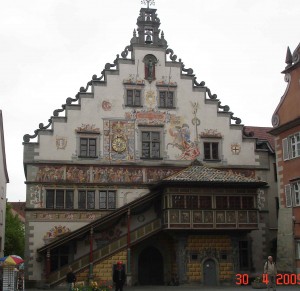
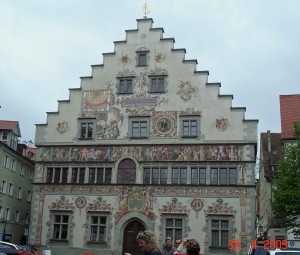
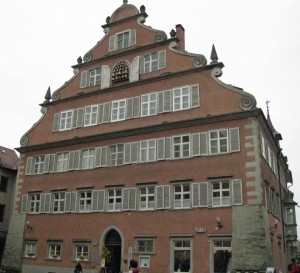
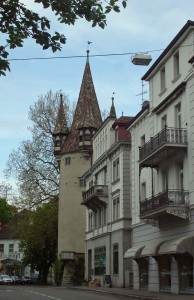
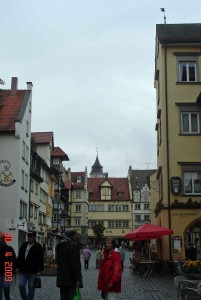
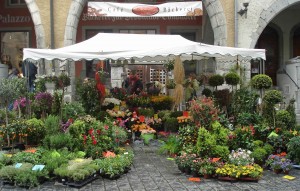
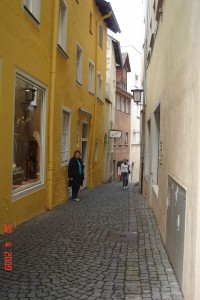
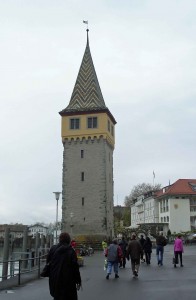
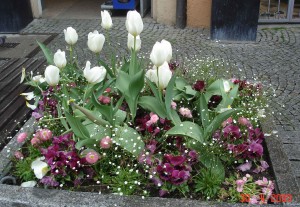
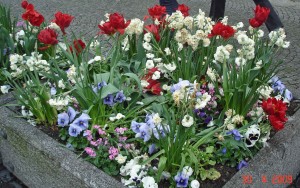
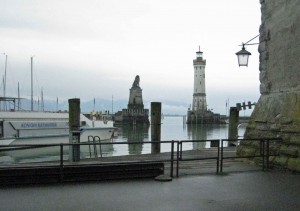
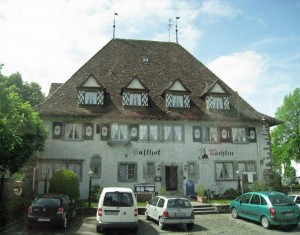
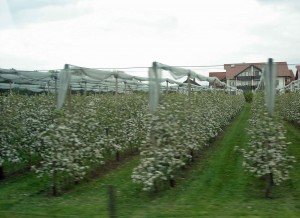
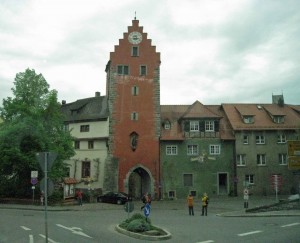
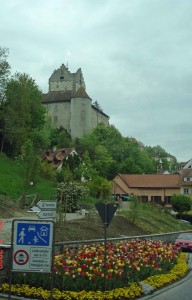
Speak Your Mind